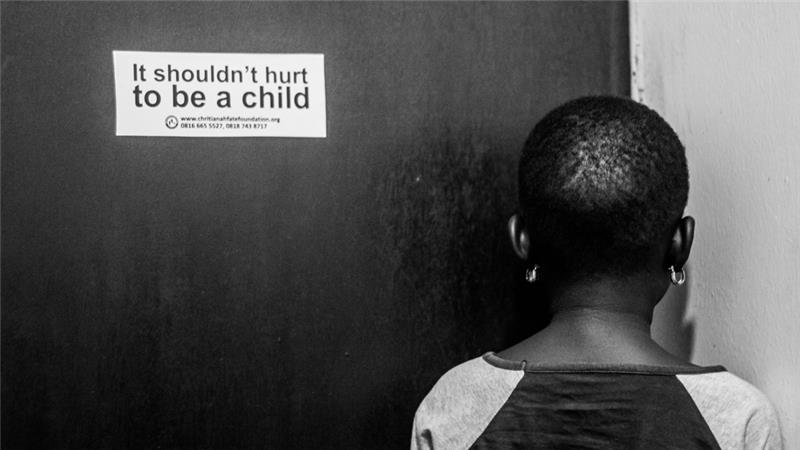Mirabel News Oct. 2013: Warning Signs of Possible Abuse

Any one of the sign doesn’t mean that a child has been sexually abused, but the presence of several suggests that you begin asking questions and consider seeking help.
Behavior you may see in a child or adolescent
* Has nightmares or other sleep problems without an explanation
* Seems distracted or distant at odd times
* Has a sudden change in eating habits
* Refuses to eat
*Loses or drastically increases appetite
* Has trouble swallowing.
* Sudden mood swings: rage, fear, insecurity or withdrawal
*Leaves “clues” that seem likely to provoke a discussion about sexual issues
*Writes, draws, plays or dreams of sexual or frightening images
*Develops new or unusual fear of certain people or places
*Refuses to talk about a secret shared with an adult or older child
*Talks about a new older friend
*Suddenly has money, toys or other gifts without reason
*Thinks of self or body as repulsive, dirty or bad
*Exhibits adult-like sexual behaviors, language and knowledge
Signs more typical of younger children
• An older child behaving like a younger child (such as bed-wetting or thumb sucking)
• Has new words for private body parts
• Resists removing clothes when appropriate times (bath, bed, toileting, diapering)
• Asks other children to behave sexually or play sexual games
• Mimics adult-like sexual behaviors with toys or stuffed animal
• Wetting and soiling accidents unrelated to toilet training
Signs more typical in adolescents
• Self-injury (cutting, burning)
• Inadequate personal hygiene
• Drug and alcohol abuse
• Sexual promiscuity
• Running away from home
• Depression, anxiety
• Suicide attempts
• Fear of intimacy or closeness
• Compulsive eating or dieting
Physical warning signs
Physical signs of sexual abuse are rare. If you see these signs, bring your child to a doctor. Your doctor can help you understand what may be happening and test for sexually transmitted diseases.
• Pain, discoloration, bleeding or discharges in genitals, anus or mouth
• Persistent or recurring pain during urination and bowel movements
• Wetting and soiling accidents unrelated to toilet training



